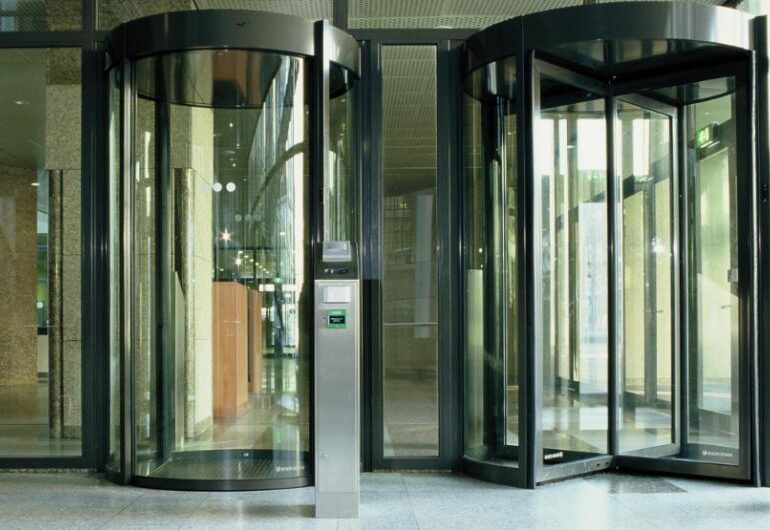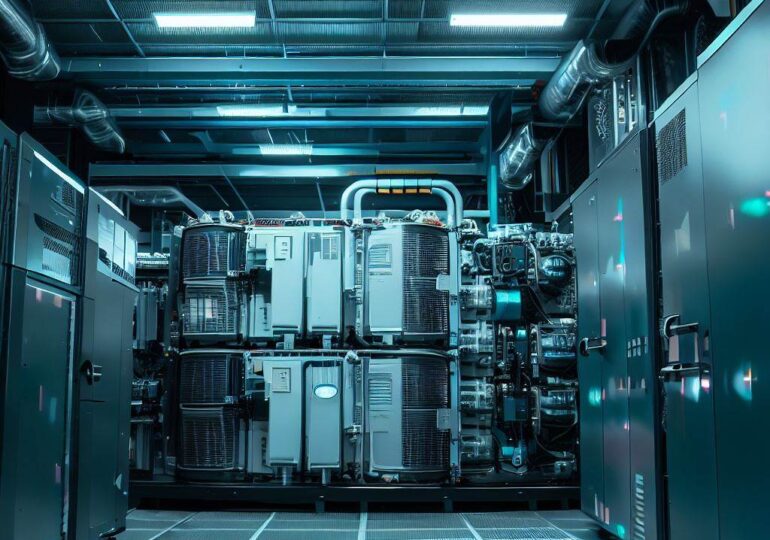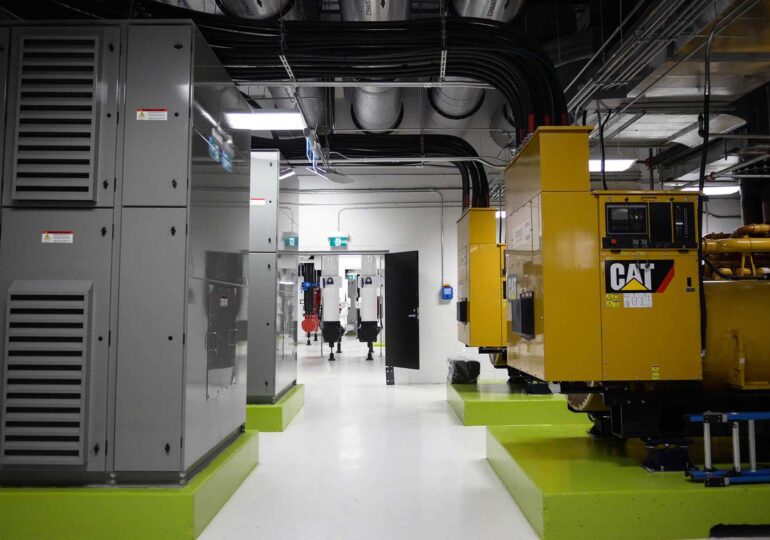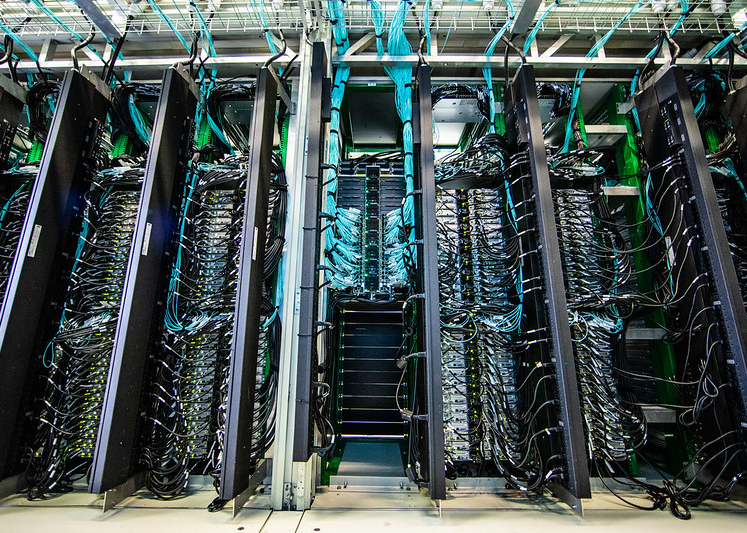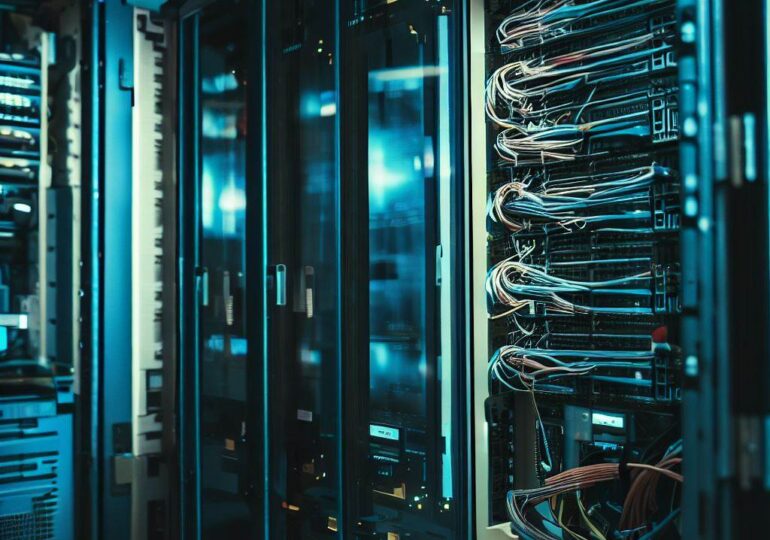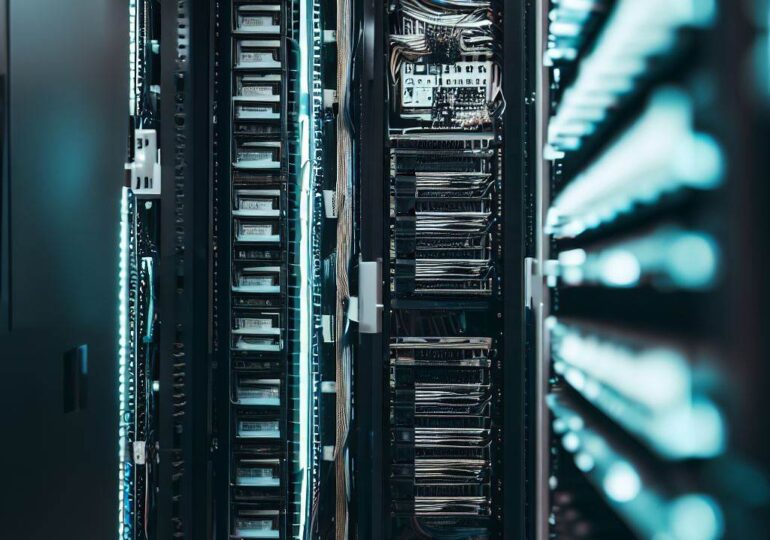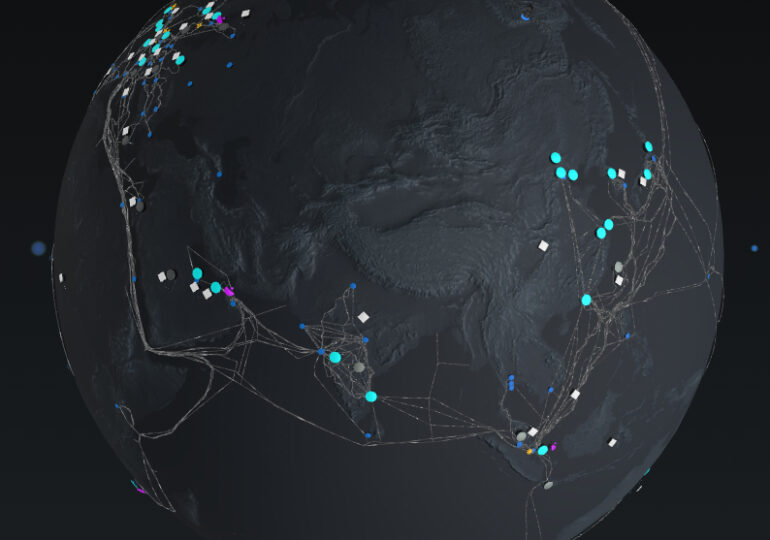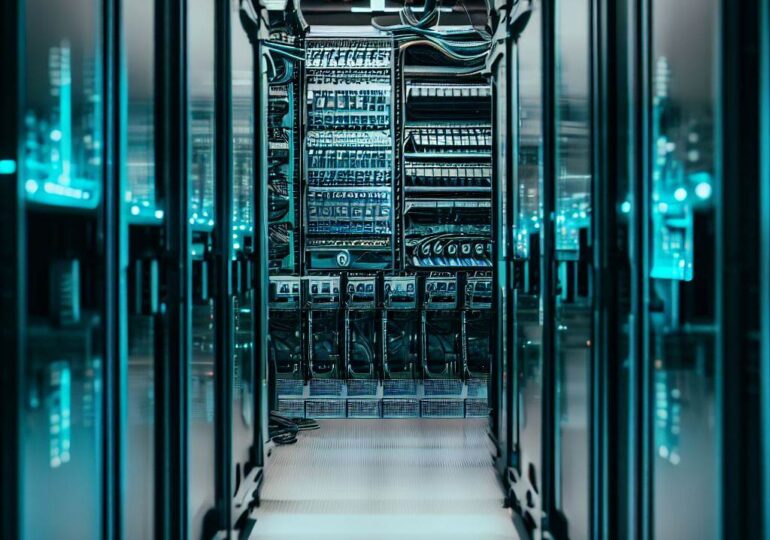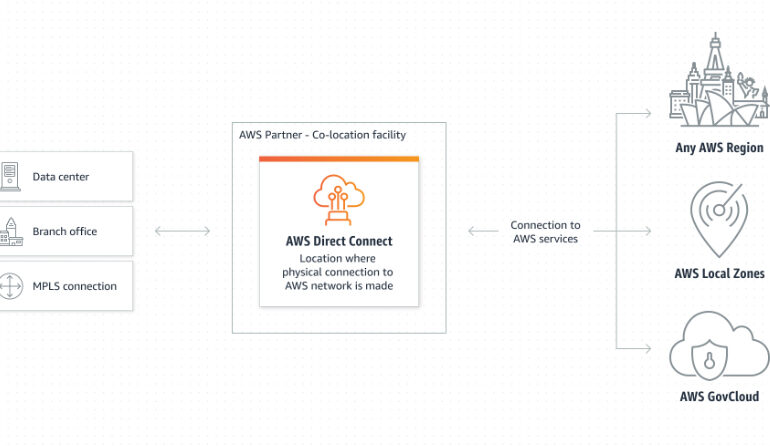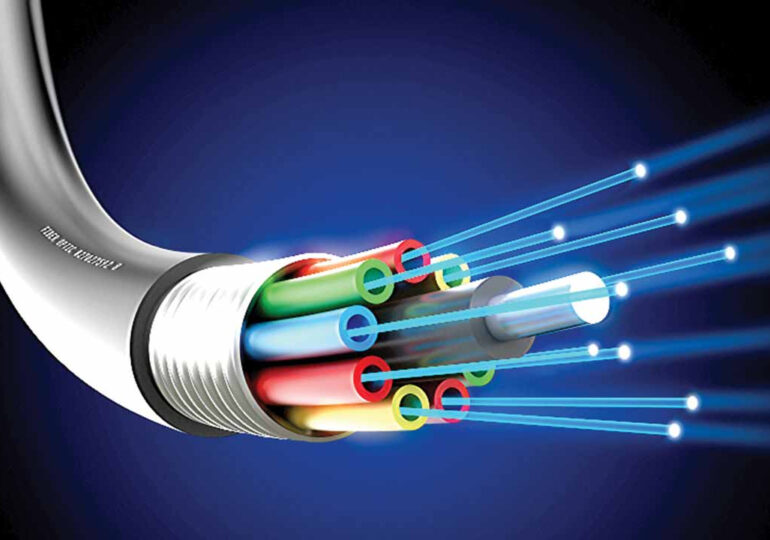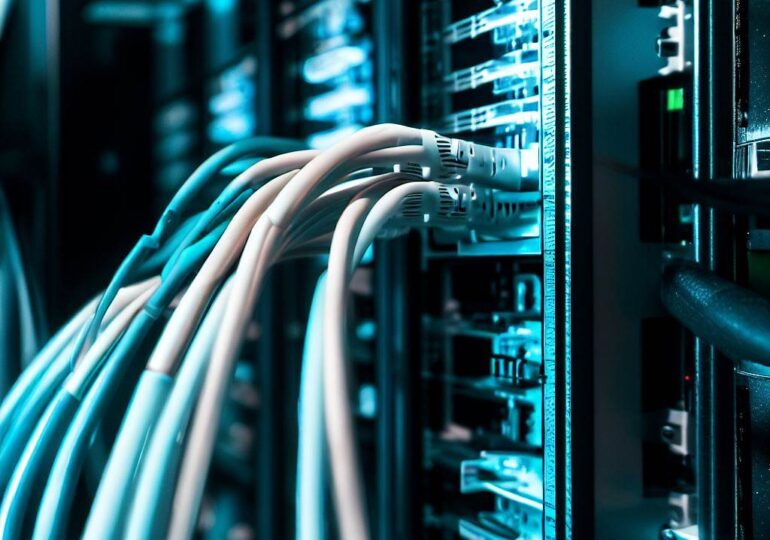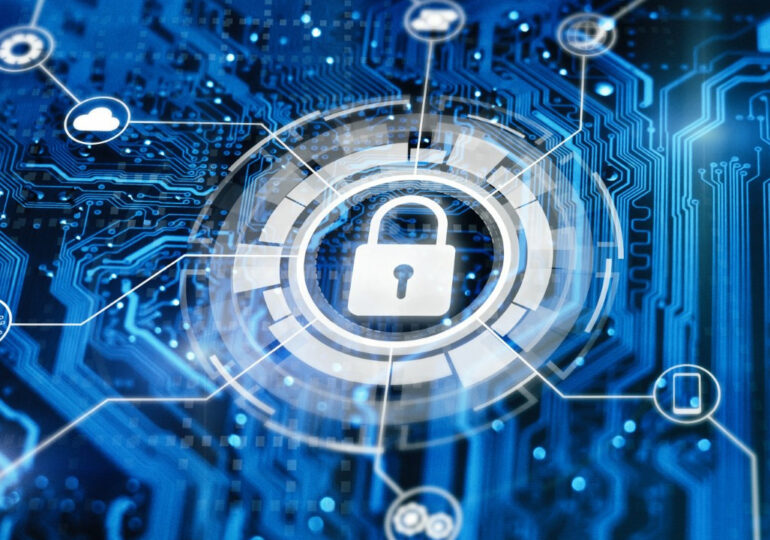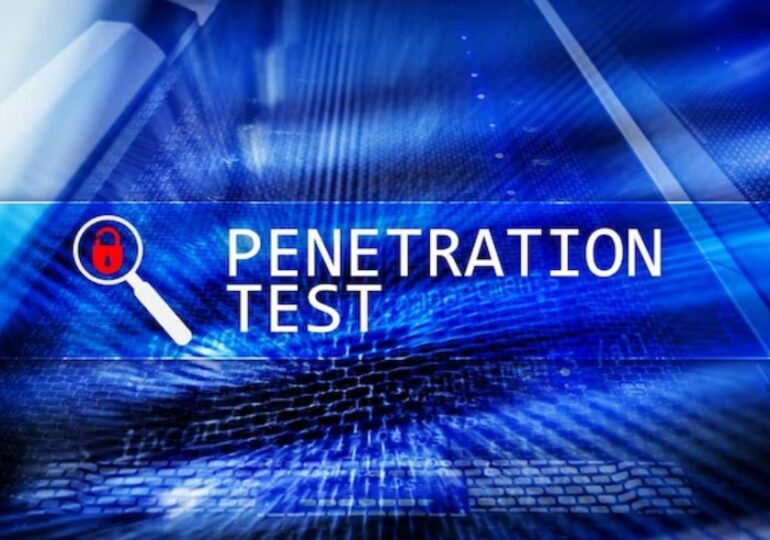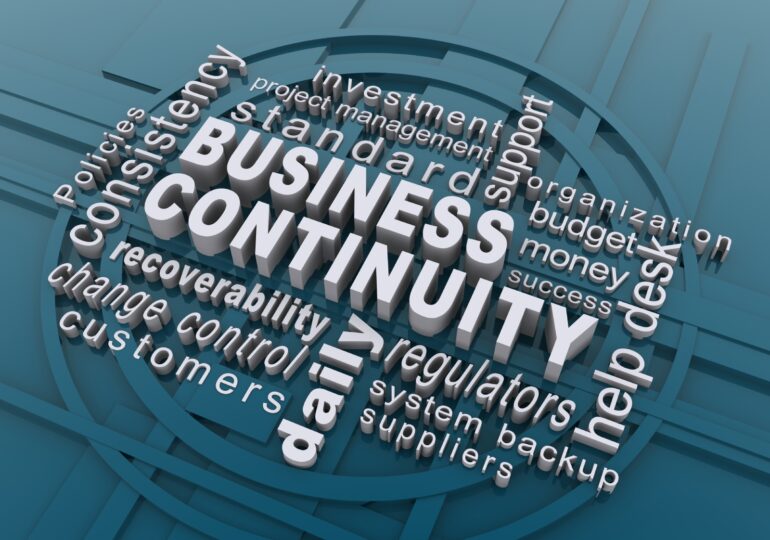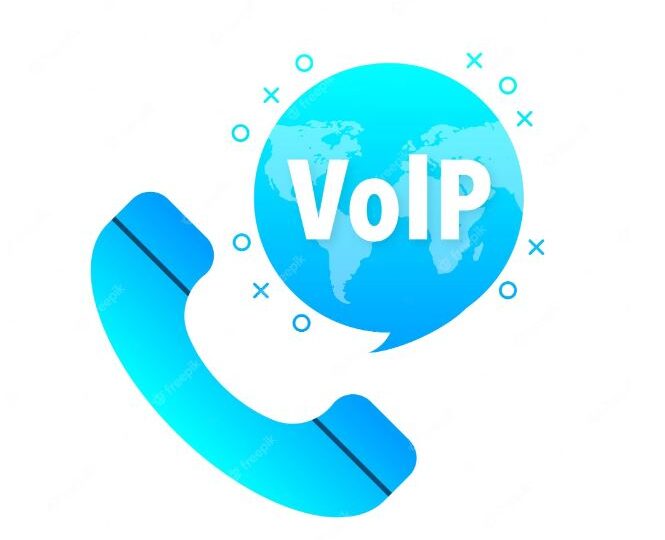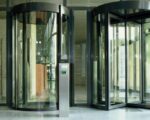What aspects of Physical Security should be on your checklist when choosing a Data Centre provider
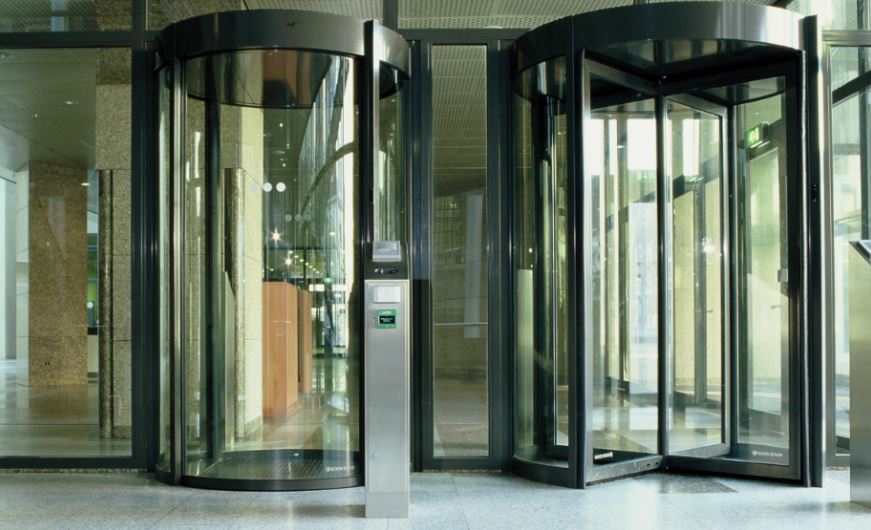
Physical Security is paramount for Data Centres. They house all the equipment from Routers, Switches and Optical Network hardware to Servers, Storage Devices and Patching equipment. If that was not enough, all decently designed data centres house Generators, UPS systems, Cooling and Ventilation systems. Managing access for authorised users and keeping out unwanted visitors is a daily concern.
In this article we cover the primary topics:
1 Importance of physical security in data centres
2 Physical security checklist for data centre providers
- Access control systems and protocols
- Surveillance and monitoring systems
- Fire detection and suppression systems
- Redundancy and backup power systems
- Environmental controls and disaster recovery plans
3 Compliance and certifications for physical security
Importance of physical security in data centers
Data centres play a crucial role in storing and managing vast amounts of sensitive information. As businesses increasingly rely on technology for their operations, the need for secure data storage has become more critical than ever. Cyber threats are continually evolving, and hackers are constantly finding new ways to breach systems and gain unauthorized access to data. Therefore, when selecting a data centre provider, one of the most crucial factors to consider is the physical security measures they have in place.
Physical security acts as the first line of defence against unauthorized access and ensures that only authorized personnel can enter the facility. It encompasses various elements such as access control systems, surveillance cameras, fire detection and suppression systems, redundancy and backup power systems, environmental controls, and disaster recovery plans. By carefully assessing these aspects of physical security, you can mitigate risks and protect your sensitive data from theft, vandalism, and natural disasters.
Physical security checklist for data centre providers
When evaluating data centre providers, it’s essential to have a comprehensive checklist that covers all the crucial aspects of physical security. By following this checklist, you can ensure that your chosen data centre has implemented robust security measures to safeguard your data. Let’s explore each item on the checklist in detail.
Access control systems and protocols
Access control systems are the foundation of physical security in data centres. They control and monitor who can enter the facility and ensure that only authorized individuals have access to sensitive areas. A reliable data centre provider should have multiple layers of access control, including biometric scanners, key cards, and PIN codes. These measures ensure that only authorized personnel can enter the facility and restrict access to specific areas based on job roles and clearance levels.
Additionally, data centres should have strict protocols in place for granting access to authorized individuals. This includes thorough background checks, identity verification, and visitor management systems. A robust access control system, combined with stringent protocols, significantly reduces the risk of unauthorized access and enhances the overall security of the data centre.
Surveillance and monitoring systems
Surveillance cameras and monitoring systems play a vital role in deterring and detecting security breaches. A data centre should have a comprehensive CCTV system in place, covering all critical areas both inside and outside the facility. The surveillance footage should be continuously monitored by trained security personnel to identify any suspicious activities or potential threats.
In addition to surveillance cameras, data centres should also employ advanced monitoring systems that can detect anomalies in temperature, humidity, and other environmental factors. These systems help identify potential equipment failures or environmental hazards that could jeopardize the integrity and availability of the stored data.
Fire detection and suppression systems
Fire poses a significant threat to data centres, as it can not only destroy physical infrastructure but also lead to data loss and downtime. Therefore, robust fire detection and suppression systems are essential to ensure the safety of the data centre and the protection of valuable data.
An ideal data centre should have a combination of smoke detectors, heat sensors, and fire suppression systems, such as sprinklers or gas-based suppression systems. These systems should be regularly tested and maintained to ensure their effectiveness in detecting and suppressing fires promptly.
Redundancy and backup power systems
Data centres operate 24/7, and any power outage can lead to severe consequences, including data loss and service interruptions. Therefore, it’s crucial for data centre providers to have redundant power systems in place to ensure uninterrupted operations.
Redundancy can be achieved through multiple power sources, such as utility feeds, backup generators, and Uninterruptible Power Supply (UPS) systems. These redundant power systems should be regularly tested and maintained to ensure their reliability during emergencies.
Environmental controls and disaster recovery plans
Data centres house sensitive equipment that requires specific environmental conditions to operate optimally. Temperature and humidity fluctuations can damage the hardware and compromise the integrity of stored data. Therefore, data centre providers should have robust environmental controls in place, including HVAC systems and humidity monitoring.
Additionally, disaster recovery plans are vital to ensure business continuity in the event of natural disasters or other emergencies. A reliable data centre should have comprehensive disaster recovery plans that cover data backup, off-site replication, and procedures for restoring operations in case of a disaster.
Compliance and certifications for physical security
When selecting a data centre provider, it’s crucial to consider their compliance with industry standards and certifications. Reputable data centres undergo regular audits to ensure compliance with security standards such as ISO 27001 and SOC 2. These certifications validate that the data centre provider has implemented robust physical security measures and follows best practices for protecting sensitive data.
Furthermore, compliance with data protection regulations, such as GDPR or HIPAA, is essential if your business deals with personal or sensitive information. Choosing a data centre provider that adheres to these regulations ensures that your data remains protected and that you are not exposed to legal risks.
Conclusion: Choosing the right data centre provider for your physical security needs
In conclusion, physical security should be a top priority when choosing a data centre provider. By carefully evaluating the access control systems, surveillance and monitoring systems, fire detection and suppression systems, redundancy and backup power systems, environmental controls, disaster recovery plans, and compliance certifications, you can ensure that your data is stored in a secure and reliable facility.
Remember, the consequences of a data breach can be catastrophic, ranging from financial losses and reputational damage to legal liabilities. Therefore, investing time and effort in selecting a data centre provider that prioritizes physical security is crucial for safeguarding your business against potential risks and vulnerabilities. By following the checklist provided in this article, you can make an informed decision and choose a data centre provider that meets your specific physical security requirements. Remember, your sensitive data deserves the highest level of protection, and selecting the right data centre provider is a critical step towards achieving that goal.

